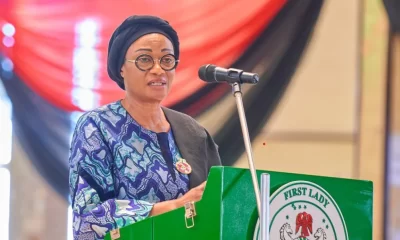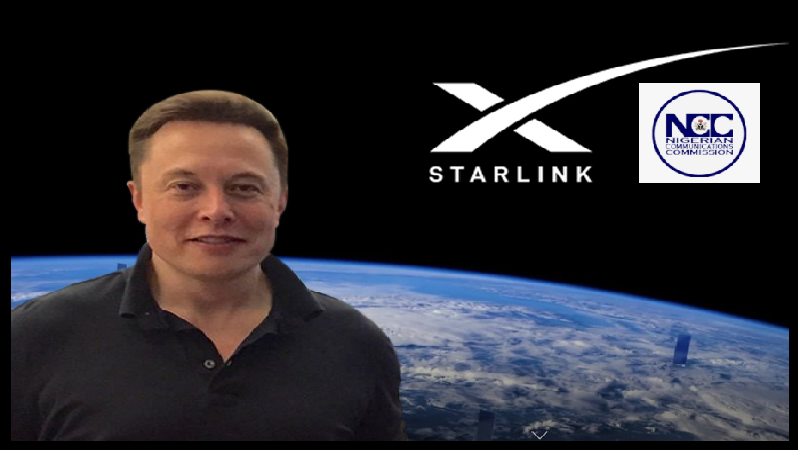Nigeria has approved Elon Musk’s Starlink, a satellite internet constellation operated by SpaceX, providing satellite Internet access coverage to 32 countries where its use has been licensed.
Starlink provides high-speed, low-latency broadband internet across the globe. Within each coverage area, orders are fulfilled on a first-come, first-served basis.
The Nigerian Communications Commission (NCC) confirmed that it has licensed Starlink, a satellite internet constellation operated by SpaceX, providing satellite Internet access coverage to 32 countries. This licensing followed a visit to Nigeria by the company’s team in May last year.
“The company received two licenses, which include the International Gateway license and Internet Service Provider (ISP) license, and will be trading as Starlink Internet Services Nigeria Ltd.
According to NCC, the International Gateway license has a 10-year tenure while the ISP license is to last for five years. Both licenses take effect from May 2022 and may be renewed after the expiration.”
READ ALSO: Over 100m mobile lines inactive as of March 2022, says NCC
The company received a license in the Internet Service Provider (ISP) category and will be trading as Starlink Internet Services Nigeria Ltd. According to NCC, the license, which takes effect from May 2022 is to last for ten years, after which it may be renewed.
With high speeds and latency as low as 20 minutes in most locations, Starlink enables video calls, online gaming, streaming, and other high data rate activities that historically have not been possible with satellite internet.
In May last year, Starlink’s Market Access Director for Africa, Ryan Goodnight along with SpaceX consultant, Levin Born had paid a visit to the NCC where they expressed interest to obtain a license to operate the satellite internet in the country.
Prior to the visit, the regulator and the space company had been discussing the issue virtually before approval for a physical meeting was granted by the NCC.
After SpaceX representatives provided an overview of its plans, expectations, licensing requests, and deployment phases, the Executive Vice-Chairman, NCC, Prof. Umar Danbatta, represented by the Executive Commissioner, Technical Services, NCC, Ubale Maska, promised them that the NCC would work on necessary modalities to ensure that it balances the need for healthy competition vis-a-vis the entry of new technologies, in order to protect all industry stakeholders.
Maska had said: “As the regulator of a highly dynamic sector in Nigeria, the Commission is conscious of the need to ensure that our regulatory actions are anchored on national interest. We have listened to your presentation and we will review it vis-à-vis our regulatory direction of ensuring effective and a sustainable telecoms ecosystem where a licensee’s operational model does not dampen healthy competition among other licensees.”

 Entertainment7 days ago
Entertainment7 days ago
 Entertainment4 days ago
Entertainment4 days ago
 Comments and Issues7 days ago
Comments and Issues7 days ago
 Comments and Issues7 days ago
Comments and Issues7 days ago
 Business1 week ago
Business1 week ago
 Health6 days ago
Health6 days ago
 Editorial Opinion1 week ago
Editorial Opinion1 week ago
 Comments and Issues7 days ago
Comments and Issues7 days ago

